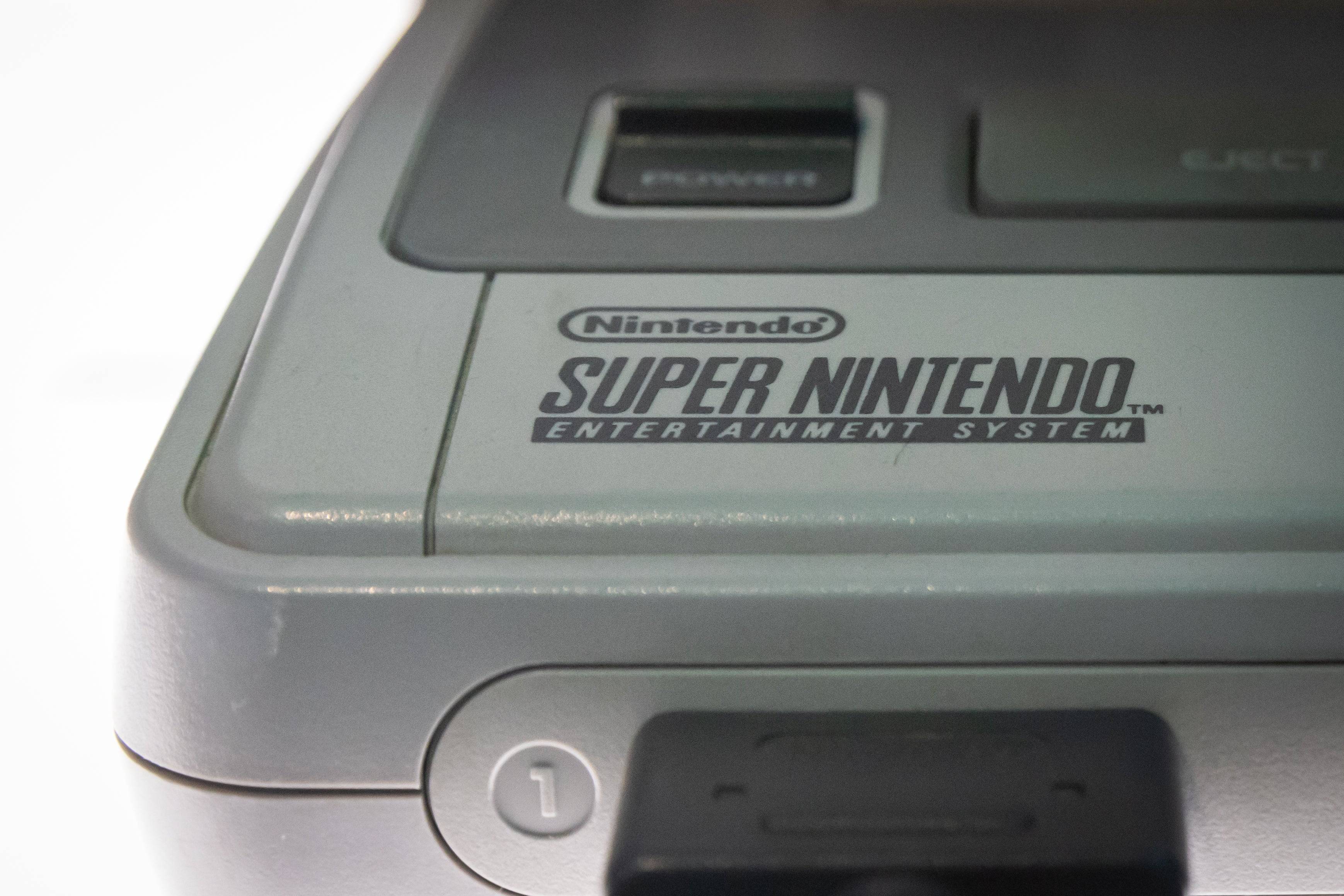The speedrunning community is buzzing with excitement over a curious technological phenomenon: the Super Nintendo Entertainment System (SNES) seems to be running games faster as it ages. In early February, Alan Cecil, a Bluesky user known as @tas.bot, sparked a frenzy by suggesting that the nearly 50 million SNES units sold could now be delivering improved performance in classics like Super Mario World, Super Metroid, and Star Fox, rather than deteriorating over time.
The idea that a video game console could become more efficient as it ages might sound far-fetched, but Cecil's research points to a single component that sets the SNES apart: its audio processing unit (APU) SPC700. According to an interview with 404 Media, official Nintendo specs indicate the APU's digital signal processing (DSP) rate is set at 32,000Hz by a ceramic resonator running at 24.576MHz. However, retro console enthusiasts have observed that these specs don't always hold true, with the DSP rate varying slightly based on environmental factors like temperature. This fluctuation affects how the console processes audio and sends it to the CPU, subtly influencing game speed.

What's intriguing is how these DSP rates have changed over the last 34 years. Cecil, who asked SNES owners to record data, has gathered over 140 responses that show a clear trend of increased DSP rates in recent measurements. Previously recorded averages from 2007 pegged the DSP at around 32,040Hz, but Cecil's data now shows an average of 32,076Hz. While environmental factors like temperature do influence these rates, they don't account for the significant changes observed. It appears that the SNES is indeed processing audio faster as time goes on.
In a follow-up Bluesky post accompanied by a layout of the data, Cecil noted, "Based on 143 responses, the SNES DSP rate averages 32,076Hz, rising 8Hz from cold to warm. Warm DSP rates go from 31,965 to 32,182Hz, a 217Hz range. Therefore, temperature is less significant. Why? How does it affect games? We do not know. Yet."
While Cecil acknowledges the need for further research to pinpoint the exact cause and extent of this speed increase, the current data suggests that the SNES is aging gracefully as it approaches its 35th anniversary. This phenomenon has caught the attention of the speedrunning community, as a faster SPC700 could theoretically shorten load times in certain game sections. However, even the most extreme scenarios would likely only shave off less than a second from an average speedrun. The impact on individual games and longer speedruns remains uncertain and is still under investigation.
As Cecil continues his research into what makes the SNES tick, the console is defying expectations and performing better than ever. For more insights into the SNES, check out its ranking on the list of best-selling consoles of all time.
















